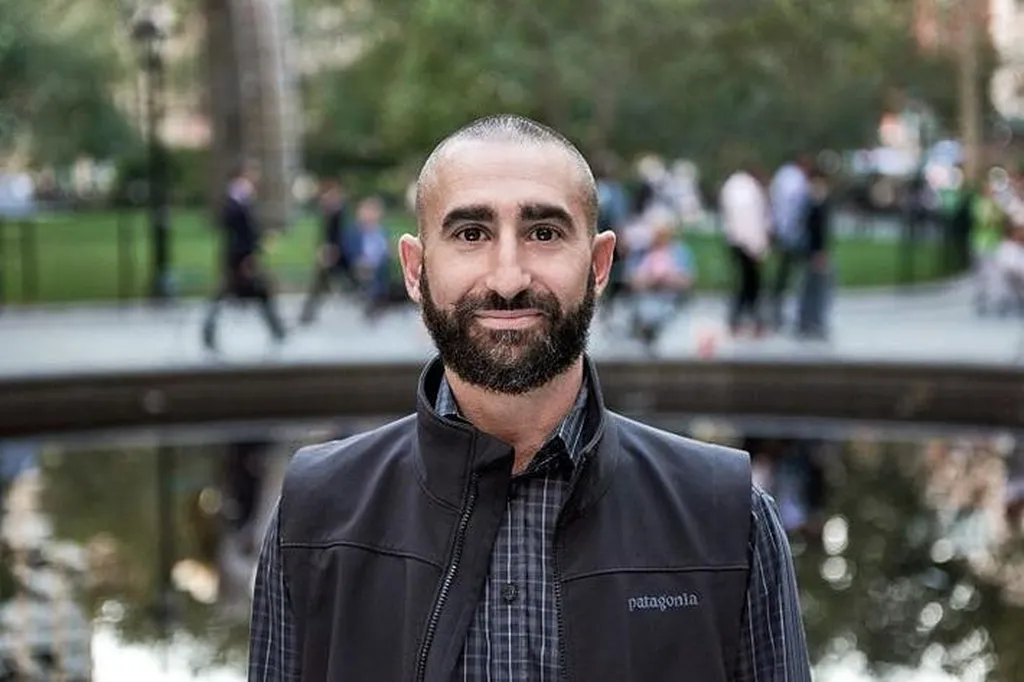In the heart of Indonesia’s ambitious plan to relocate its capital to Ibu Kota Nusantara (IKN), a new study is shedding light on the intricate dance between agriculture, employment, and economic growth. The research, led by Arfiah Busari from the Department of Economics at Universitas Mulawarman, delves into the dynamics of the agricultural sector in the IKN region, offering insights that could shape the future of sustainable agricultural economies.
The study, published in the *Sustinere: Journal of Environment and Sustainability* (which translates to “Journal of Environment and Sustainability”), examines the relationship between labor, employment opportunities, loan value, entrepreneurship, and their impact on expenditure, per capita income, and economic growth in the agricultural sector. Using secondary data from government agencies spanning from 2015 to 2023, Busari and her team employed time-series regression analysis to uncover key trends and relationships.
One of the most compelling findings is the positive influence of labor, entrepreneurship, and per capita expenditure on economic growth. “This suggests that investing in these areas can have a multiplicative effect on the overall economic health of the region,” Busari explains. The study also highlights that these variables positively impact per capita income, indicating that as these factors improve, so does the financial well-being of individuals.
Perhaps most notably, the research reveals that employment, loan value, per capita income, and economic growth are all positively associated with per capita expenditure. This interconnected web of factors underscores the importance of a holistic approach to agricultural development. “It’s not just about increasing production; it’s about creating a sustainable ecosystem that supports all aspects of the agricultural economy,” Busari adds.
The implications for stakeholders—including policymakers, academics, businesses, and local communities—are significant. The study suggests that developing more inclusive agricultural economic policies could help refine and expand existing conceptual frameworks. In the long term, this could lead to more resilient and prosperous agricultural communities.
For the energy sector, the findings offer a roadmap for integrating agricultural development with broader economic goals. As Indonesia transitions to its new capital, the agricultural sector could serve as a cornerstone for sustainable growth, providing both economic opportunities and environmental benefits. The study’s insights could guide investments in renewable energy, sustainable farming practices, and infrastructure development, all of which are crucial for a thriving agricultural economy.
As the world grapples with the challenges of climate change and food security, the lessons from IKN could offer a blueprint for other regions. The study’s emphasis on inclusivity and sustainability resonates with global efforts to achieve the United Nations’ Sustainable Development Goals, particularly those related to ending hunger and promoting sustainable agriculture.
In the end, the research by Arfiah Busari and her team serves as a reminder that the path to a sustainable future is multifaceted. By understanding the intricate relationships between labor, entrepreneurship, and economic growth, stakeholders can make informed decisions that benefit not just the agricultural sector, but the broader economy and society as a whole. As Indonesia embarks on this ambitious journey, the insights from this study could prove invaluable in navigating the complexities of a sustainable agricultural economy.

